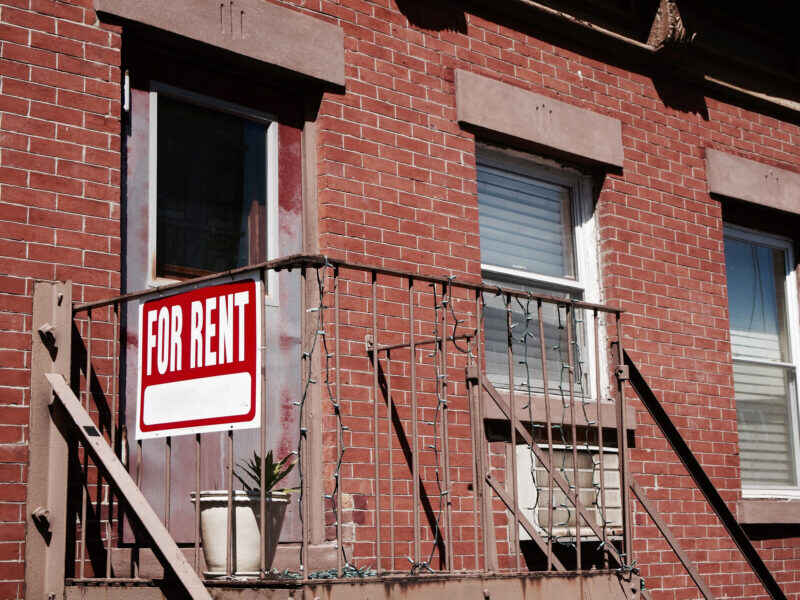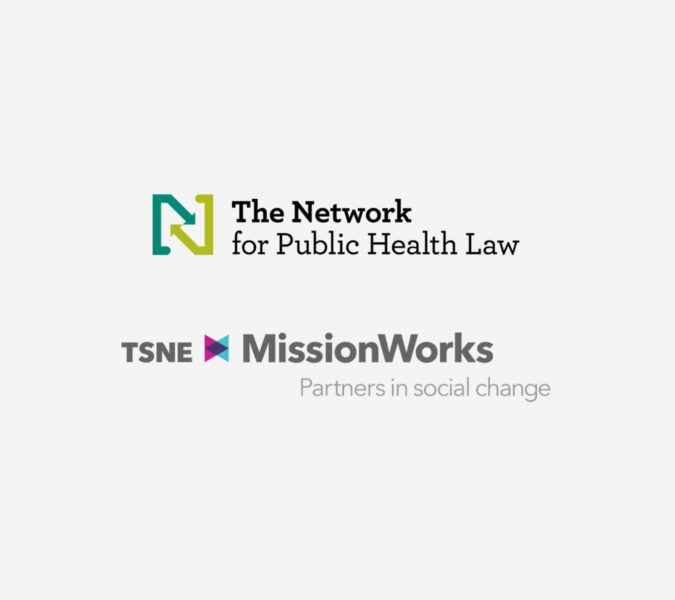
Network for Public Health Law Advisory Board Names McClain Bryant Macklin Board Chair and Welcomes New Member Juliet Jason
Network NewsThe Network for Public Health Law (Network) is pleased to announce that McClain Bryant Macklin will serve as the…

The Network for Public Health Law (Network) is pleased to announce that McClain Bryant Macklin will serve as the…

The Biden Administration’s Blueprint for a Renters Bill of Rights (Blueprint) was introduced on January 25, 2023 to drive action at the federal, state, and local levels to strengthen tenant protections and housing affordability. One of the principles outlined in the Blueprint is that governmental bodies should do all they can to enforce fair housing laws, protect renters from unlawful discrimination, and ensure renters know their legal rights.

People who are incarcerated have higher rates of chronic health conditions, which tend to worsen upon their release, primarily due to the barriers to health care they experience. Despite evidence that employing Community Health Workers with lived experience of incarceration to serve individuals reentering their communities leads to better patient outcomes, significant barriers impede hiring them within health systems.

The Biden Administration’s Blueprint for a Renters Bill of Rights (Blueprint) was introduced on January 25, 2023 to drive action at the federal, state, and local levels to strengthen tenant protections and housing affordability. One of the principles outlined in the Blueprint is that renters should have clear and fair leases, with defined rental terms, rights, and responsibilities written in simple and clear language.
The Network is seeking a Program Coordinator to assist in tracking and reporting on Network services, activities and products, and in managing the Network's data base, along with special projects, including assisting in the planning of Network convenings.

Overview Summer is here and so too are the days of record-breaking temperatures. More than a mere nuisance, for people who live in…

The “War on Drugs” could better be described as a “War on People.” In addition to obvious negative impacts such as incarceration and increases in drug-related harm, this “War” also leads to collateral consequences that can last for years —or even a lifetime. Collateral consequences are legal barriers resulting from a person’s conviction in addition to incarceration, parole or probation, and fines and fees.

The Network for Public Health Law’s report, Innovative Law and Policy Strategies for a Post-Pandemic Public Health System, which highlights examples of laws and legal levers implemented across the country that strengthen public health, was inspired and shaped in large part by three questions raised by public health practitioners in the field in three different states.

Unlike how they regulate the far more deadly drug products tobacco and alcohol, states overwhelmingly continue to treat individuals who use illicit drugs as criminals, and state law is oriented towards arresting, prosecuting, and incarcerating them. A few states, however, have made more significant changes, and some have made less drastic but still important changes.

The Network is seeking a Program Coordinator to join the team at its Mid-States Region Office to provide operations and program support. This is a fully remote position, with team members located across the country.
The Network is seeking a Program Coordinator to assist in tracking and reporting on Network services, activities and products, and in managing the Network's data base, along with special projects, including assisting in the planning of Network convenings.

Tobacco product waste represents environmentally damaging single-use plastic in the form of cigarette butts and electronic smoking devices. Efforts on a global and national level are underway to address these harms, including interesting examples of novel litter laws from Maine and California to Singapore and Rwanda.